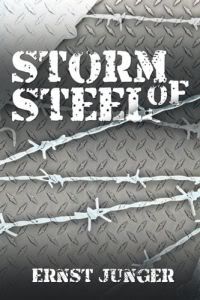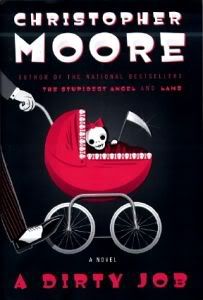© 2007 Howard Zinn
293 pages

This year I have become convincted that democracy is not something that happens at the ballot-box but on the streets. It consists in mass movements forcing the institutions that oppose them to reform. Howard Zinn's pet subject, social movements, is thus of great interest to me. His book title and cover invoke a spirit of conviction, of fighting for justice -- and its contents do not disappoint.
A Power Governments Cannot Suppress is a collection of essays, most written on a simple theme but some working the theme into biographical coverage of people and organizations. Zinn introduces the book with an essay on the use of history to inform, inspire, and provoke people to action. The essays that follow constitute such a history, although not one as general or as tightly woven as A People's History of the United States. The essays can be read by themselves, and topics vary. Although most of the essays are about people of conviction of who have stood up against the powers that be (Freedom Riders, Henry David Thoreau, Eugene Debs, soldiers in revolt) many see Zinn attempt to provoke readers more directly by writing on topics such as class, immigration, nationalism, pacifism, government, and war. Although to witness so much injustice throughout history is almost discouraging, the ending essay encourages optimism: even when the odds are against us, human history has proven to be unpredictable. Struggling for a better society is always a gamble, but if we do not participate, there is no chance that matters will improve.
As usual, Zinn communicates his own passion clearly. Because the essential idea is one so positive that no one could be against it -- people struggling against injustice -- I suspect those who object to Zinn do so owing to his approach. While some might prefer to defend various nations and concepts with some concessions that they do harm , Zinn sees national boundaries, war, and the like as fundamentally malevolent. I enjoyed visiting the stories of those who have tried to "fight the good fight", and can imagine re-reading this book in the future. I reccommend it.


